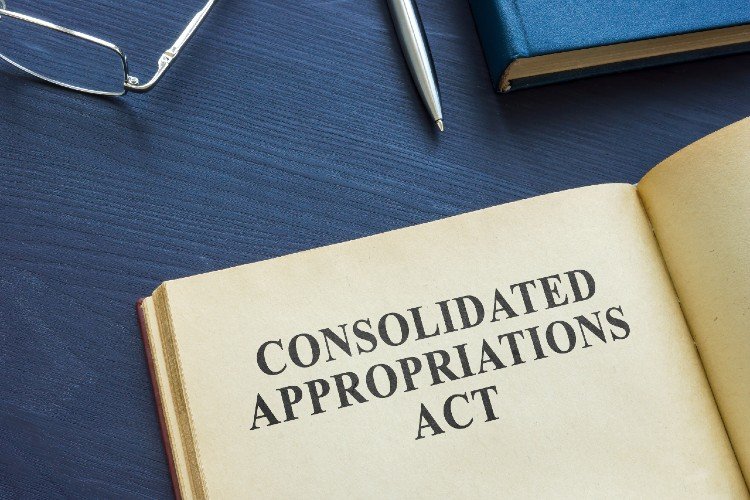
In this article, we have explained the terms for the deduction of business meal expenses for 2021 and 2022.
Pandemic had a drastic impact on all the businesses and companies across the globe. However, the worst impact was on the companies that handle the food services. As a result, a large number of businesses saw closure in the United States.
To help the rocking food industry, the Consolidated Appropriations Act (CAA) came into existence in December 2020. It provides quick economic assistance to struggling restaurants and their families. The CAA enables the tax-paying individuals to deduct 100% of the cost of business-related meal expenses incurred at restaurants in the years 2021 and 2022; Meals includes both beverages and food given by the restaurants.
Previously, it was only possible to deduct the cost of business meals to only 50% of the total cost. 
IRS guidance in Notice 2021-25 defines “restaurants” that will come under the tax break. The term will include those businesses that prepare and sell food or beverages to retail customers for immediate on-premises or off-premises consumption. Thus, the definition of restaurants doesn’t include businesses that sell pre-packaged goods, not for immediate consumption, such as grocery stores and convenience stores.
It also states that an employer should not consider employer-operated eating facilities as restaurants; even if they are run by any third-party organization under contract with the employer.
Before the CAA 2020 came into existence, the final rules were issued by IRS in October 2020. It stated that taxpayers can deduct 50% of business-related meal expenses under the Tax Cuts and Jobs Act (TCJA). Now after CAA 2020, it is possible to make 100% deductions for business-related meals provided by a restaurant in 2021 and 2022.
Guidelines on the following issues
Food or beverages term encompasses all food and beverage items, despite the fact whether you characterize them as meals, snacks, or any other type of food and beverages. Secondly, the Food or beverage cost establishes the full cost of food or beverages, including any delivery fees, tips, and sales tax.
To sort out the general disallowance rule for entertainment expenses, IRS makes it clear that the 'entertainment' term here includes those food or beverages that are given at or during an entertainment activity (such as a sports event or movie theatre). Additionally, the cost of the meal should be written together with the bill for the entertainment.
The tax is deductible if the amount paid for food and beverages during and at the entertainment activity is:
- Purchased separately from the entertainment vicinity or
- The cost of food and beverage is written separately on the bill, invoice, or receipt. The cost should depict the venue’s usual selling price for these items. This also means even if they were purchased separately from the entertainment or the reasonable value of these items.
If such conditions do not hold, the entire cost is termed as non-deductible under the entertainment expense; so, the taxpayer cannot try to divide the costs between the entertainment purpose and the cost of the food or beverages.
Effect of Consolidated Appropriations Act on Deduction of Business Meal Expenses for 2021 and 2022
Here we are going to compare the previous rules after the passage of the Tax Cuts and Jobs Act (TCJA) of 2017 and the new norms after the Consolidated Appropriations Act in December 2020.
- Expense on entertainment including meals, calculatable with the price of entertainment, has seen no change. This means, still remains non-deductible after CAA Act.
- If you buy business meals from restaurants, the one that is given during the entertainment but payable separately, are now 100% Deductible. Previously it was only 50% deductible.
- Similarly, the Meals Provided for Convenience of Employer if purchased from a restaurant, are now 100% Deductible.
- Meals purchased for Employee Parties were 100% deductible after TJCA, 2017. But they have not seen any change after CAA, 2020.
- Payment for Employee Meals who are out of Town for a Business Purpose was 50% deductible before CAA. However, after the passage of the Consolidated Appropriations Act (CAA), they are 100% Deductible if from a Restaurant.
- Per Diem Meals that were previously 50% deductible is now 100% deductible after CAA, 2020.
https://pasfirm.com/2022/03/04/taxes-article-deduction-of-business-meal-expenses-for-2021-and-2022/
Comments
Post a Comment